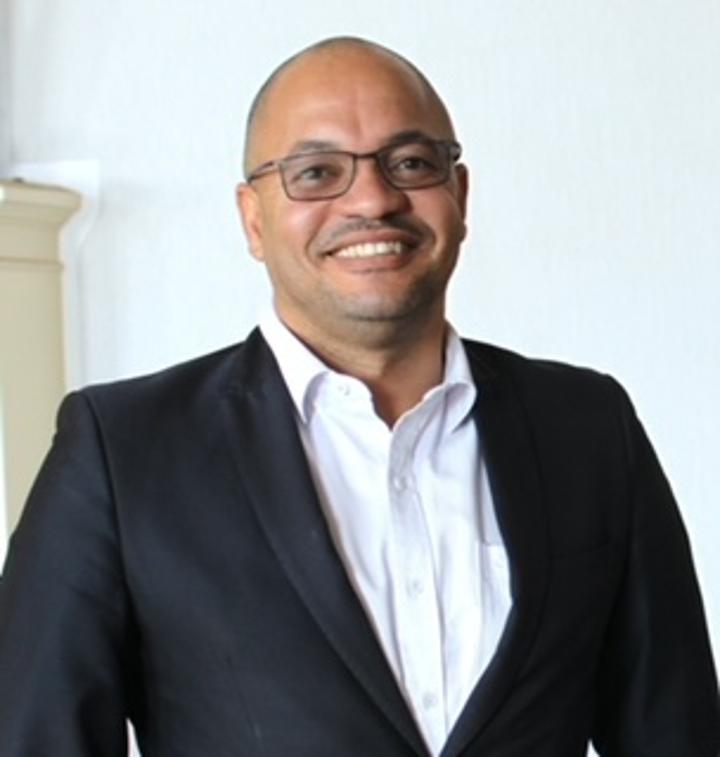Africa-Press – Namibia. NAMIBIA yesterday marked 32 years since the country’s Constitution was adopted at independence.
Speaking on Desert Radio 95.3 FM, human rights lawyer Norman Tjombe said it is important to acknowledge the day, as it helped various political parties find a common goal.
However, Tjombe believes that many Namibians are not enjoying the rights enshrined in the Constitution, except on some occasions.
“If one looks at the historical context before 1990, I would certainly say that we have come quite a long distance. We should celebrate that. But if we look at the Constitution itself and the high watermark of where we should be, then it is quite disappointing,” he said.
For instance, the poor states of education, mostly in rural areas, and high levels of poverty in the country are insults on human rights, he said.
He further said, “Being poor means you can’t enjoy your human rights. It means you sleep hungry and, more often, it means you are homeless. It also sometimes means that you probably have a very poor education. All these factors, including the murder of women, speak to people not enjoying their rights.”
Leading up to independence, the Constituent Assembly was tasked to draft the constitution. The negotiations that followed, yielded the country’s Constitution that was adopted on 9 February 1990. It was agreed upon by all political parties and was implemented on 21 March.
Tjombe said: “Our Constitution tells us which areas to prioritise and we need to live according to that.”
His sentiments on the importance of the constitution were shared by the coordinator of the Civil Society Information Centre Namibia, Carola Engelbrecht.
“The changes that were bulldozed through in 2014 were not in the interest of Namibians; it was for the politicians to increase the number of members of both parliamentary houses. We have not seen any improvement in service delivery from parliament due to those increases,” she said.
Also talking to Desert Radio, Engelbrecht said Constitution Day is important, as most Namibians are not generally aware of what is in the Constitution.
“They just go onto social media saying the constitution must be changed, but they do not understand. So, I think civil society also needs to make a concerted effort to do more civic education,” she said.
In addition, Tjombe warned against the needless amendment of the Constitution. He said the amendment bill that expanded the National Assembly was meant to bring in more people to improve debates. However, parliament has been exceptionally disappointing and the most useless institution over the last five or six years, he said.
One of the issues that require the amendment to the Constitution, she said, is to merge the National Assembly and National Council.
“Many people think the National Council is the lower house when it is the upper house. It should be overseeing the decisions made by the National Assembly, but because the latter is so big and the National Council is so small, people think that the National Assembly is the upper house,” Engelbrecht explained.
“The question raised was: ‘Should the National Council be merged into one house with the National Assembly? [If so,] then have the Constitution changed and have parliamentarians elected directly by the regions. These are the things we need to talk about to see what is working and what has to be improved,” she said
For More News And Analysis About Namibia Follow Africa-Press






